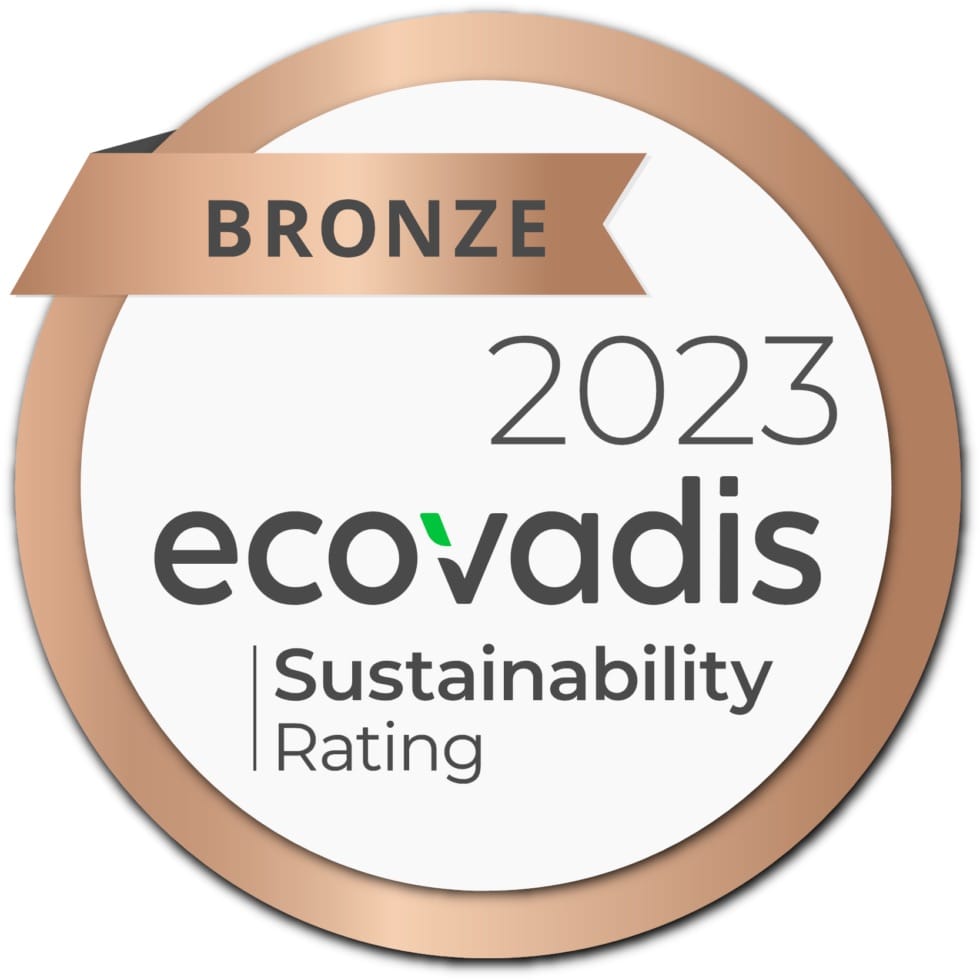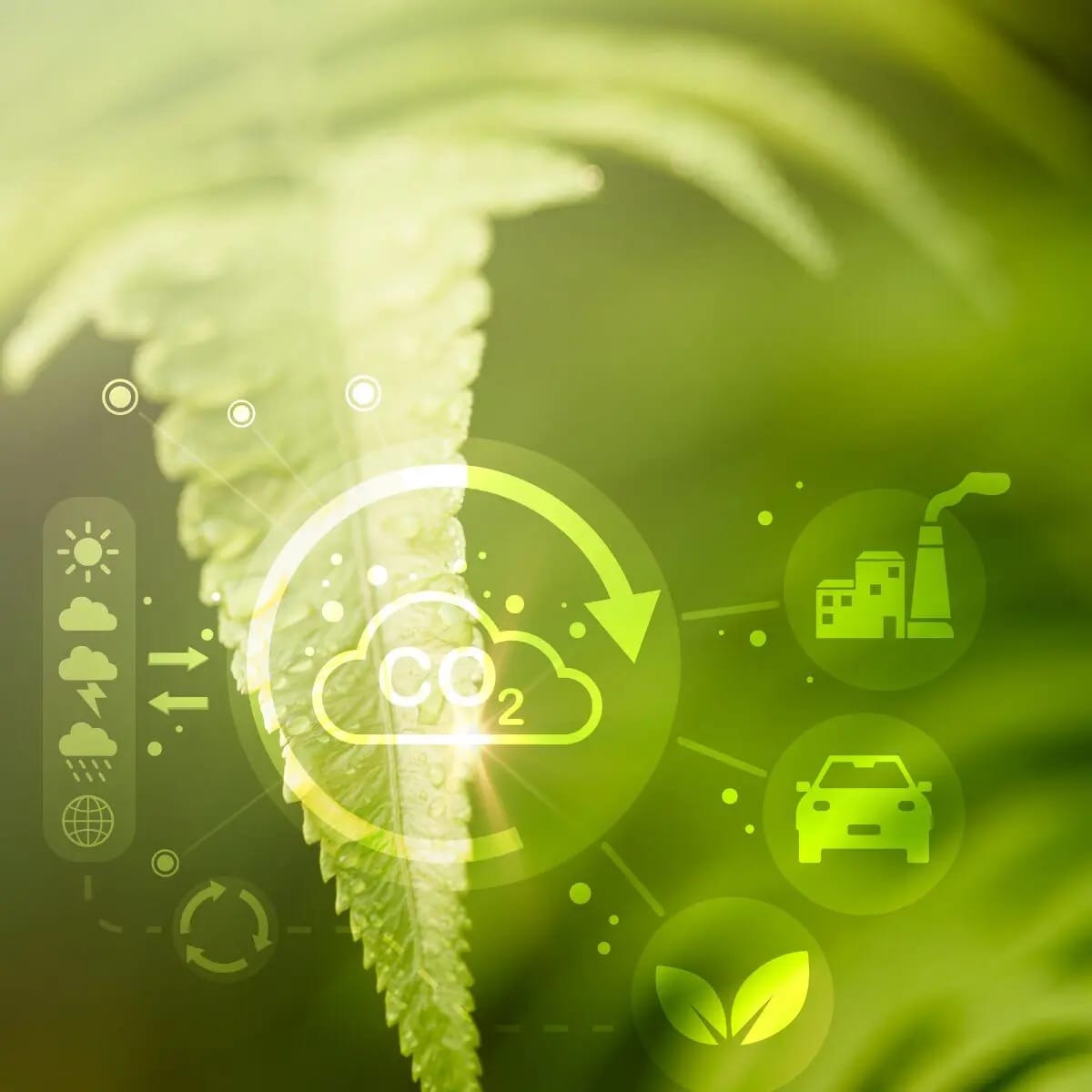Taka was founded on 31 March 2003. From the outset, it has distinguished itself by its ability to grow and innovate in a sustainable manner.
TAKA also boasts a strong partnership and synergy with WPR. This means not only having know-how that integrates all aspects of the coating process, but also being able to define a shared sustainability path between the two companies in line with the Sustainable Development Goals contained in the United Nations 2030 Agenda.
Subsequently, with the foundation of an internal strategy committee, the study of sustainability along all processes (considering employees, customers, and suppliers) became an even more pronounced commitment.
In particular, the strategy committee focuses on studying:
Below is a roadmap of TAKA’s sustainable strategy.
Since 2022, TAKA has voluntarily decided to measure its commitment by producing the first ESG sustainability report.
ESG certification allows TAKA’s commitment and numbers on environmental, social and governance issues to be transparently communicated to all stakeholders. TAKA’s actions collected in the ESG Report are in line with the Sustainable Development Goals contained in the United Nations 2030 Agenda.
The ESG Report will be produced by TAKA each year to measure all actions taken and key achievements.

ECOVADIS Certification
TAKA was awarded Ecovadis’ Bronze Sustainability rating in 2023.
Ecovadis is one of the leading international sustainability rating platforms.
With the Bronze rating TAKA ranks among the top companies in Ecovadis’ global ranking of TAKA is on the 60th percentile.
Bio-Based Line
TAKA has launched a sustainable product line with a minimum bio-based raw material content of 20% for the finishing of wood and wood-based panels.
The aim is to extend this new technology to all adhesive lines produced by TAKA for both interior and exterior use to create a sustainable growth plan at a global level, in line with the United Nations 2030 Agenda.
If you want to know more visit the Bio-based line page


ISO 14064 Certification
Through careful quantification and reporting of greenhouse gas emissions as well as removal strategies, TAKA has been ISO 14064 certified since 2022.
The study covered all three of TAKA’s factories at both production and office levels, resulting in a decarbonisation and pollutant abatement plan.
ISO 14001 Certification
TAKA aims to achieve ISO 14001.
This is a voluntary certification like ISO 9001 (quality management system) but applied to the environment, which allows for a more advanced and organised management of the company’s environmental sector.
ISO 14001 (Environmental Management Systems – Requirements and Guidance for Use) provides a management framework for the integration of environmental management practices, pursuing environmental protection, pollution prevention, and the reduction of energy and resource consumption.
